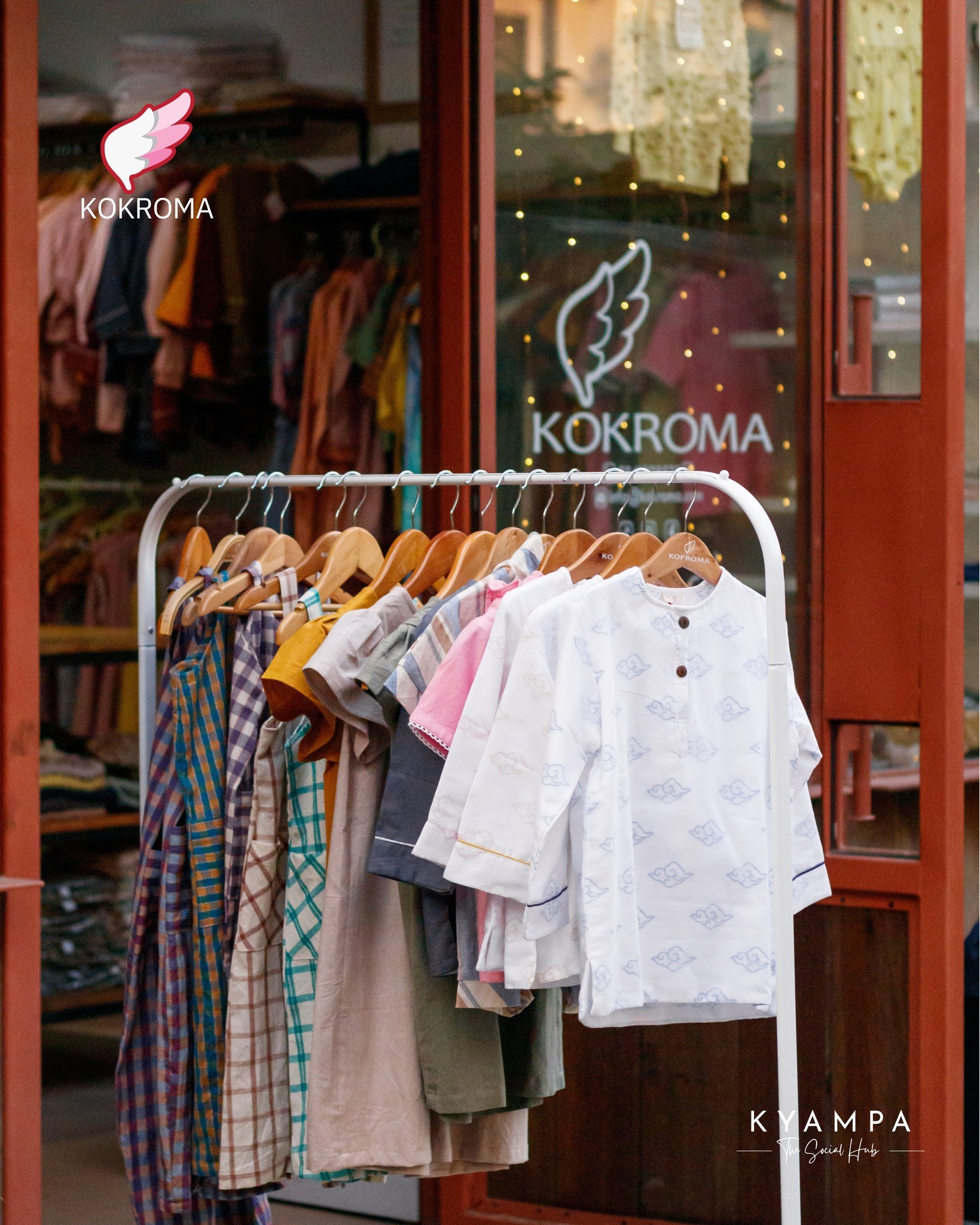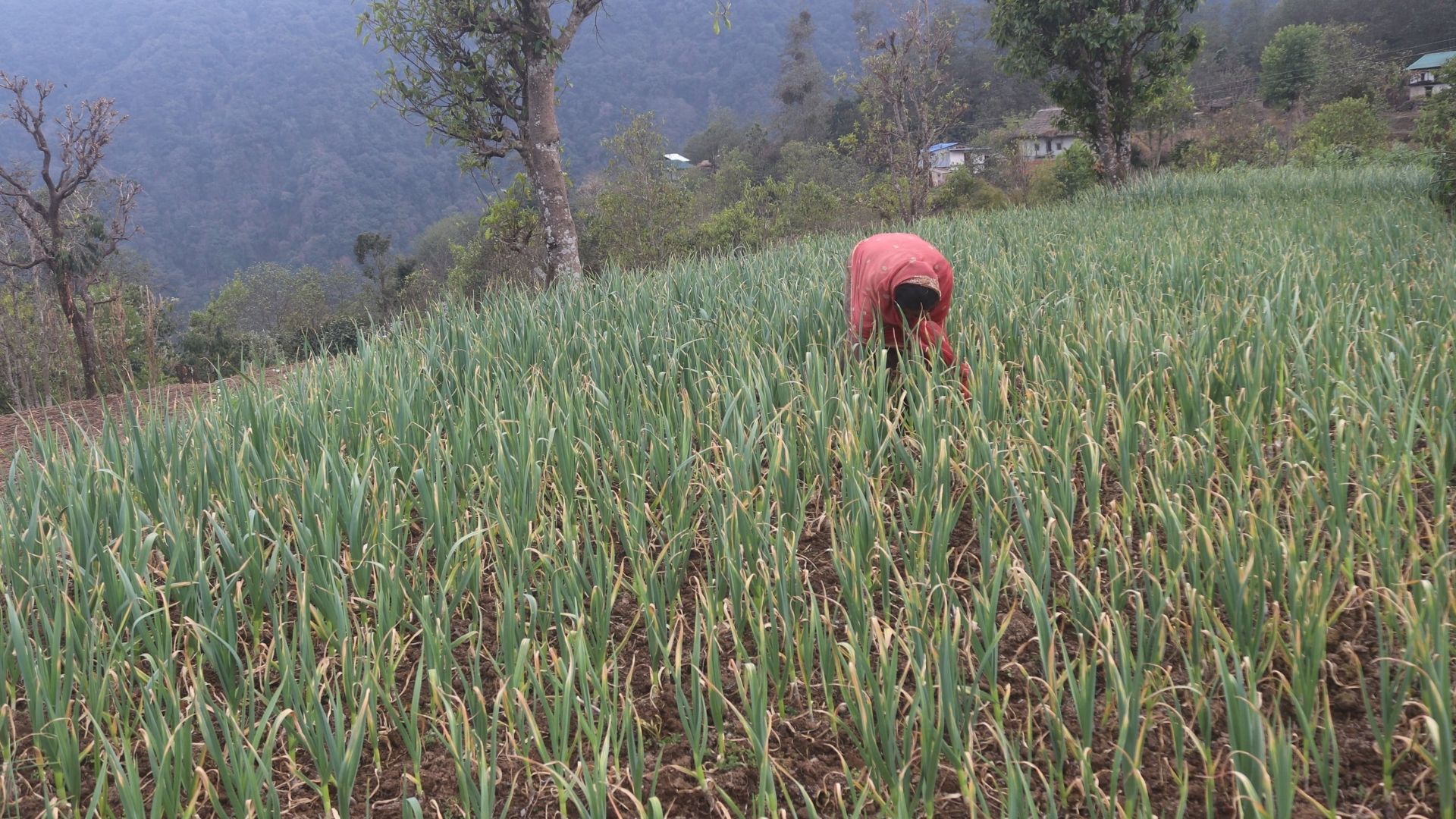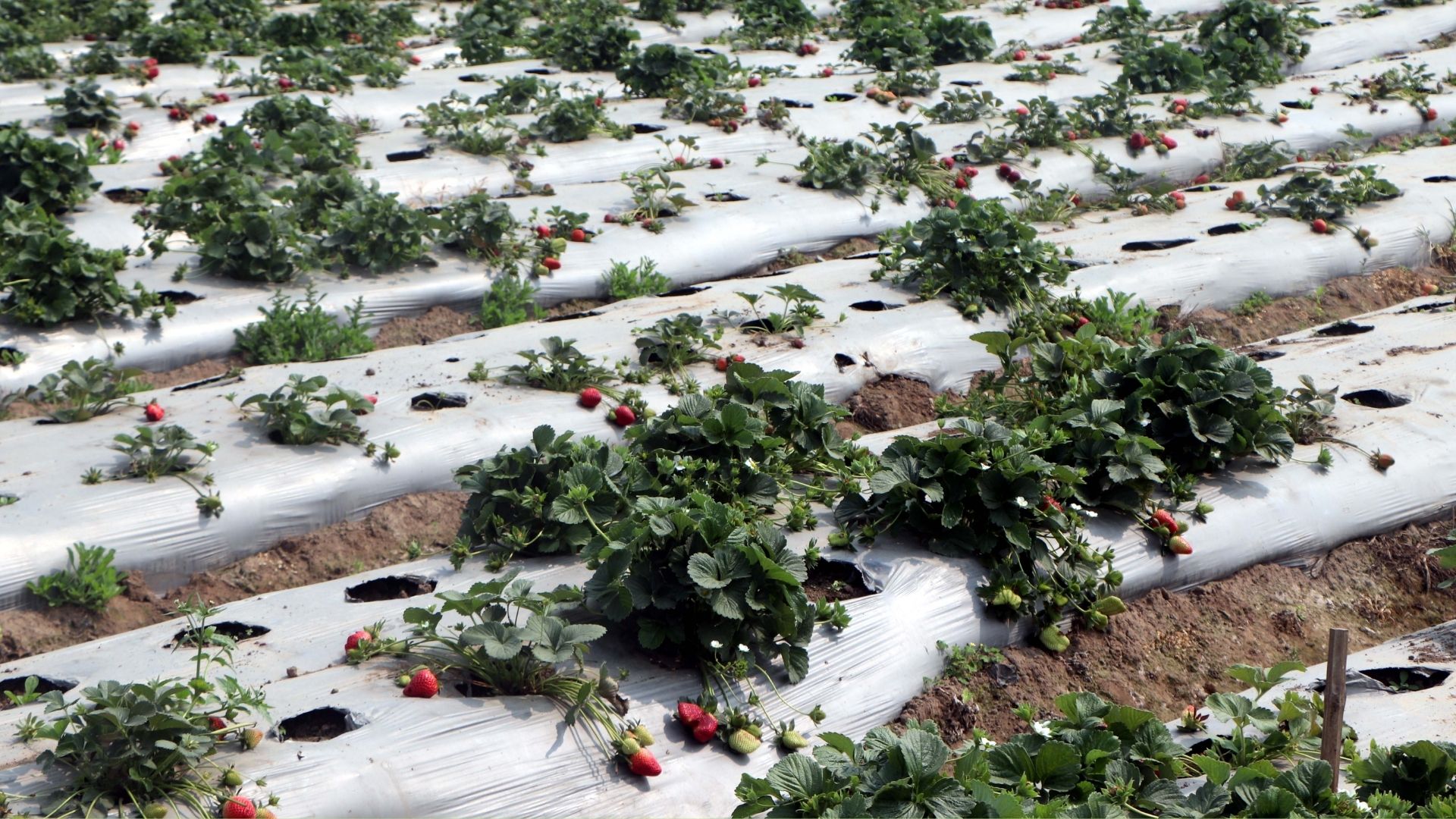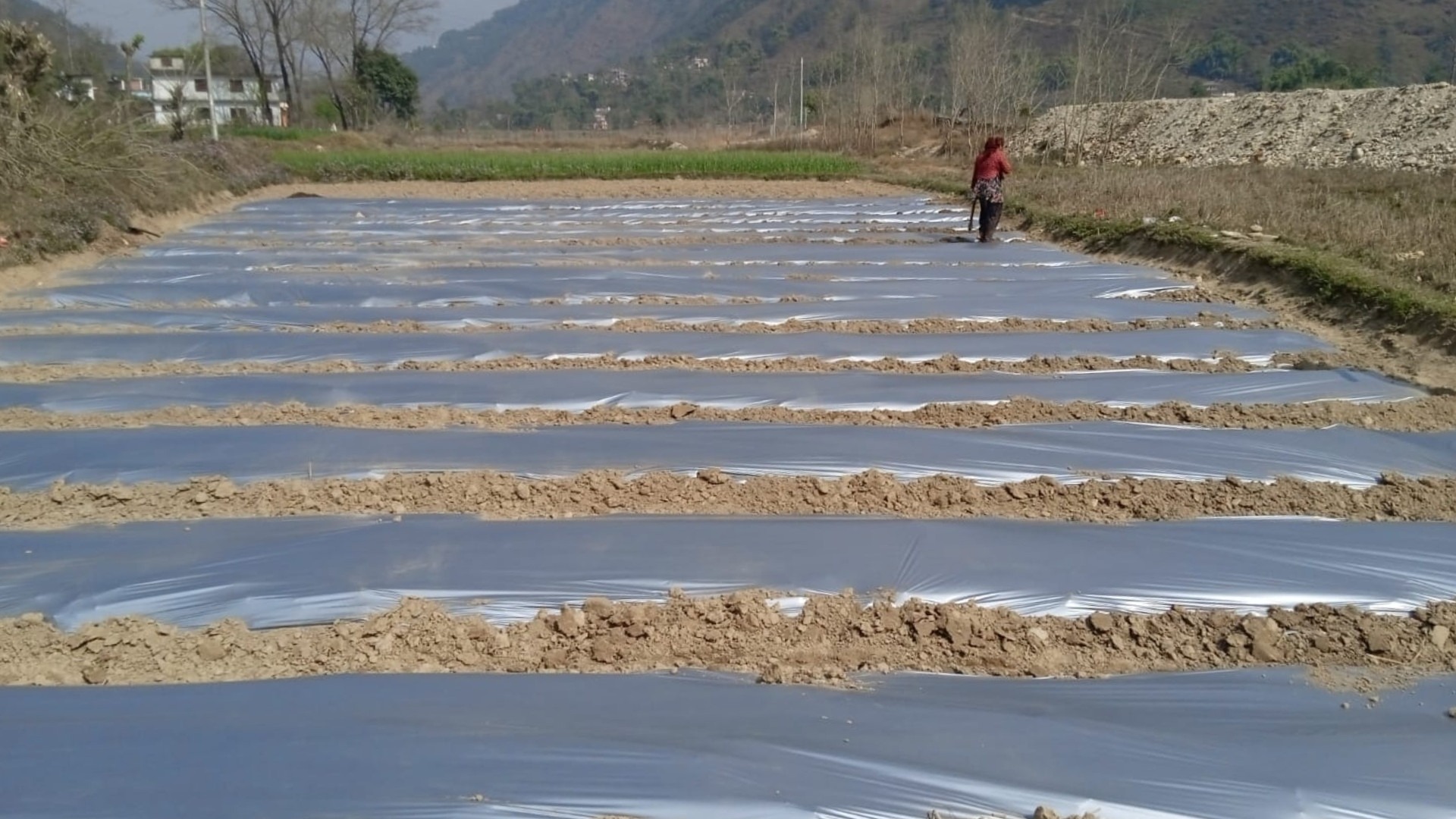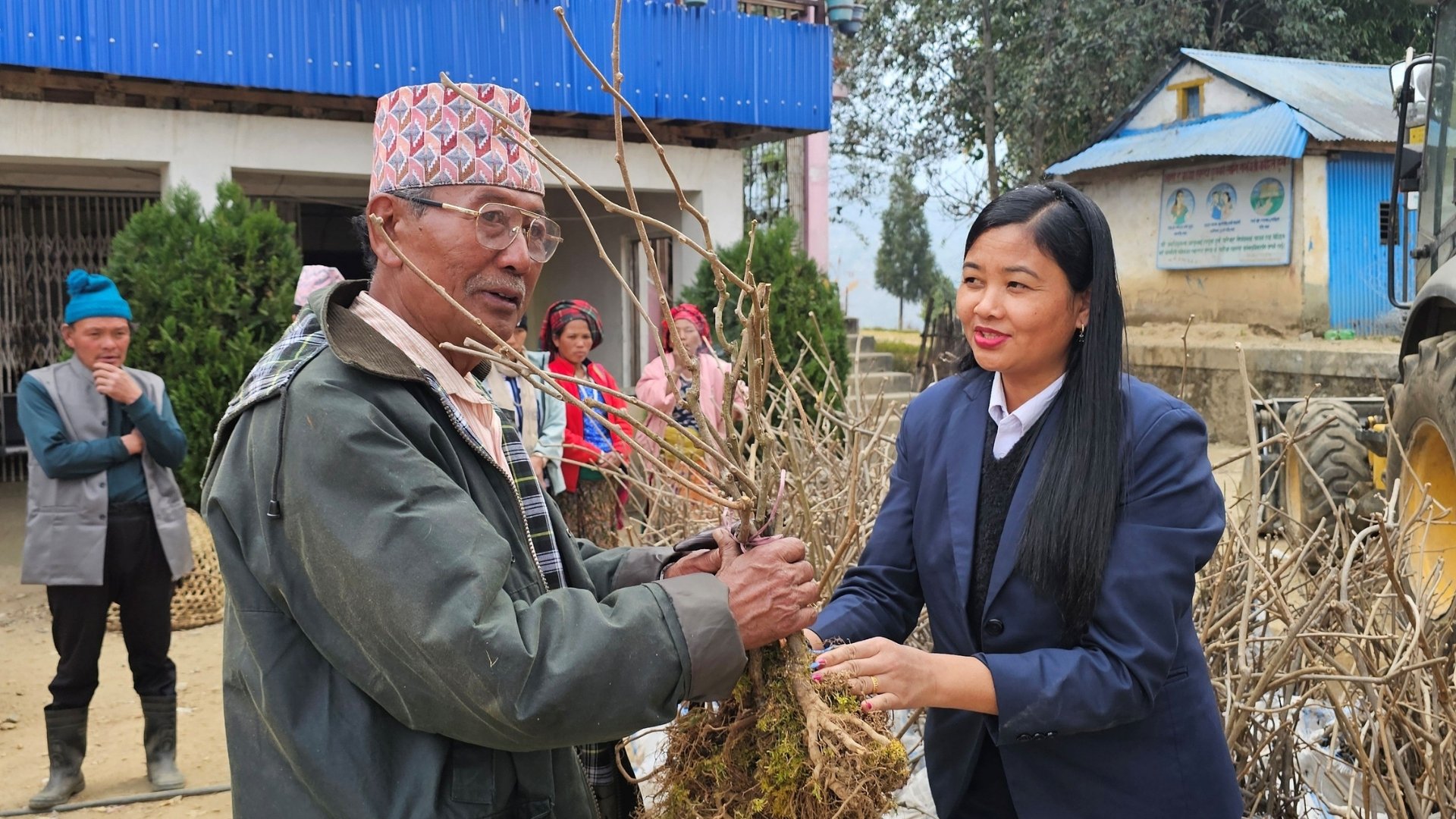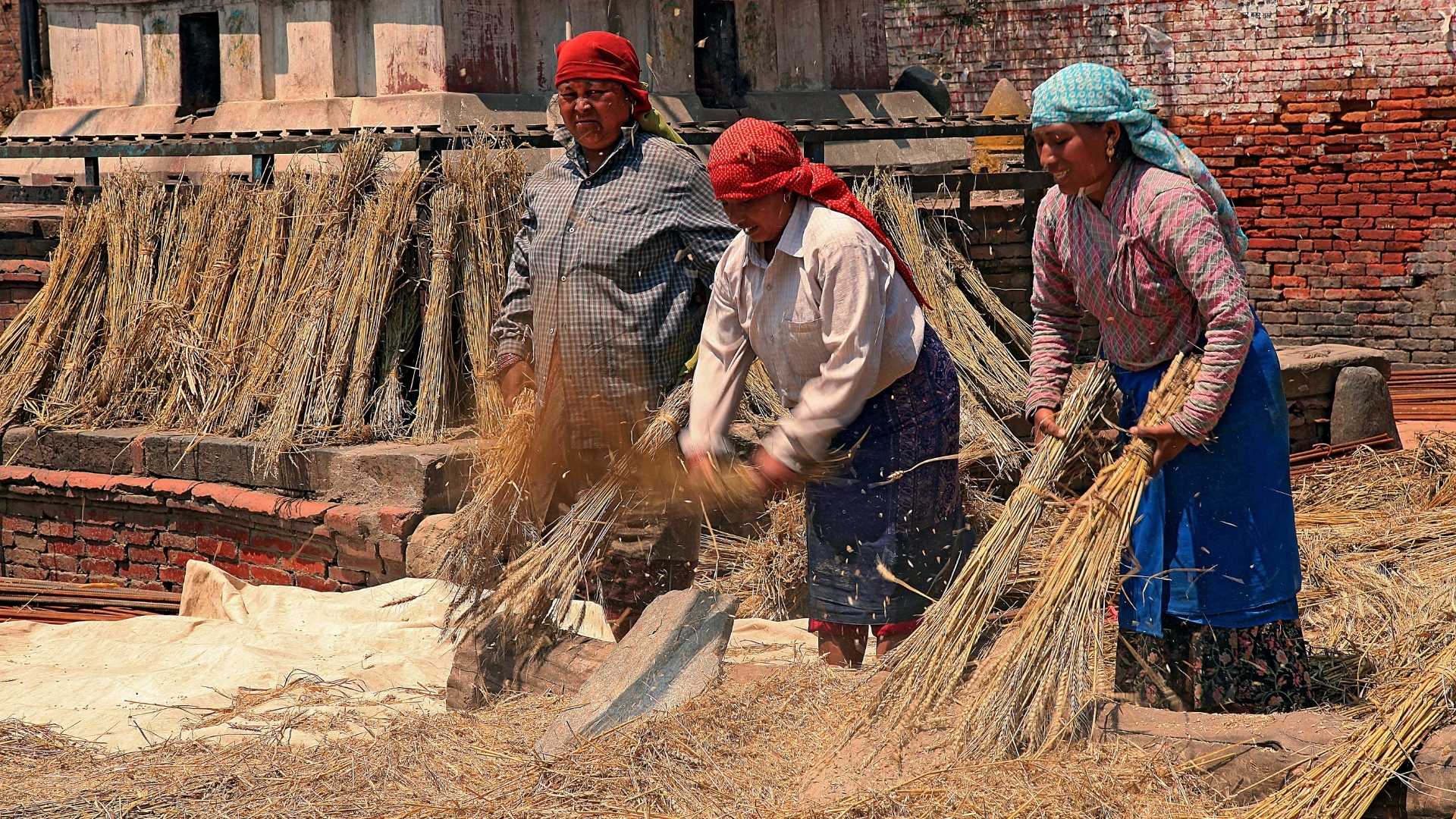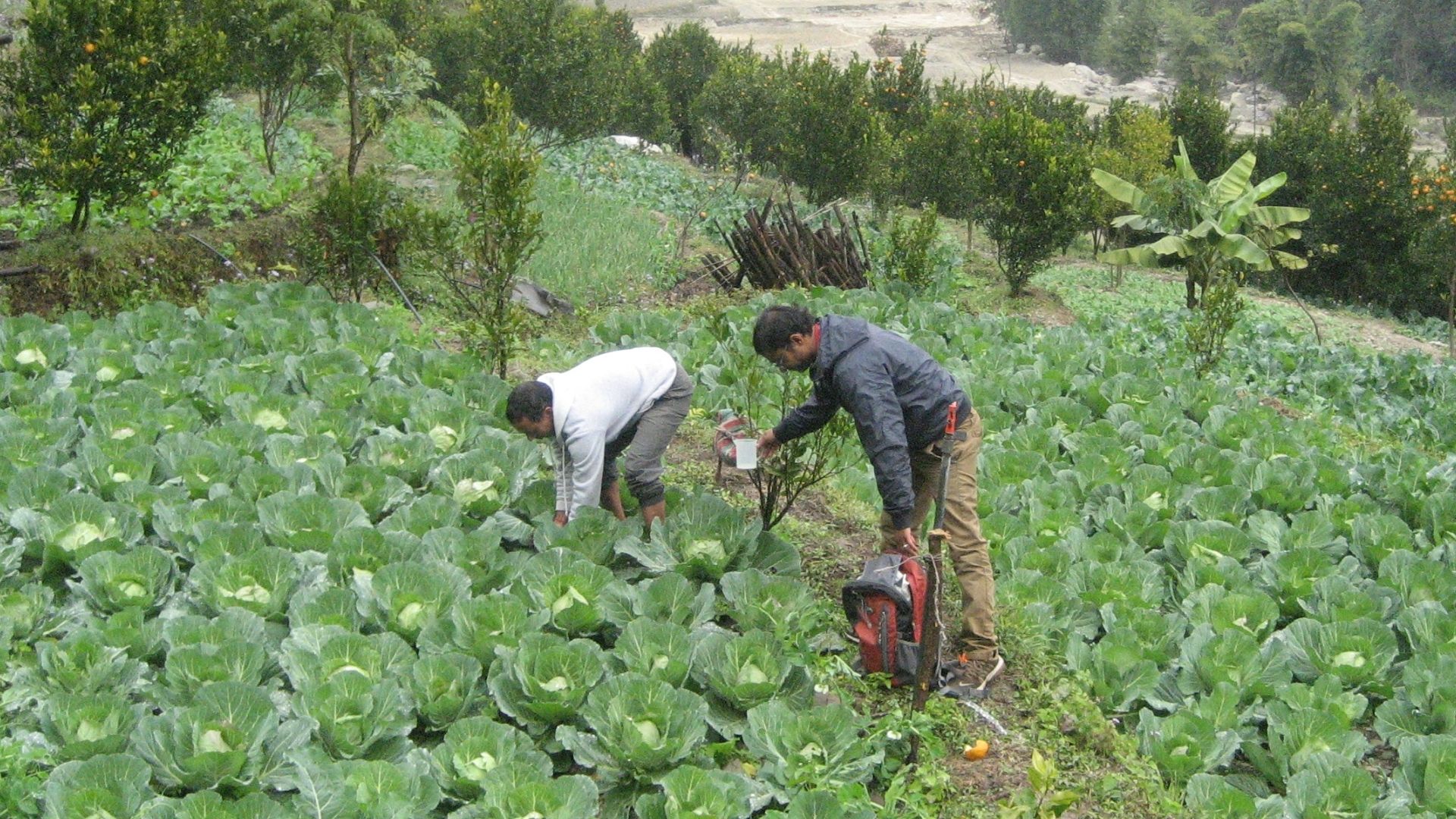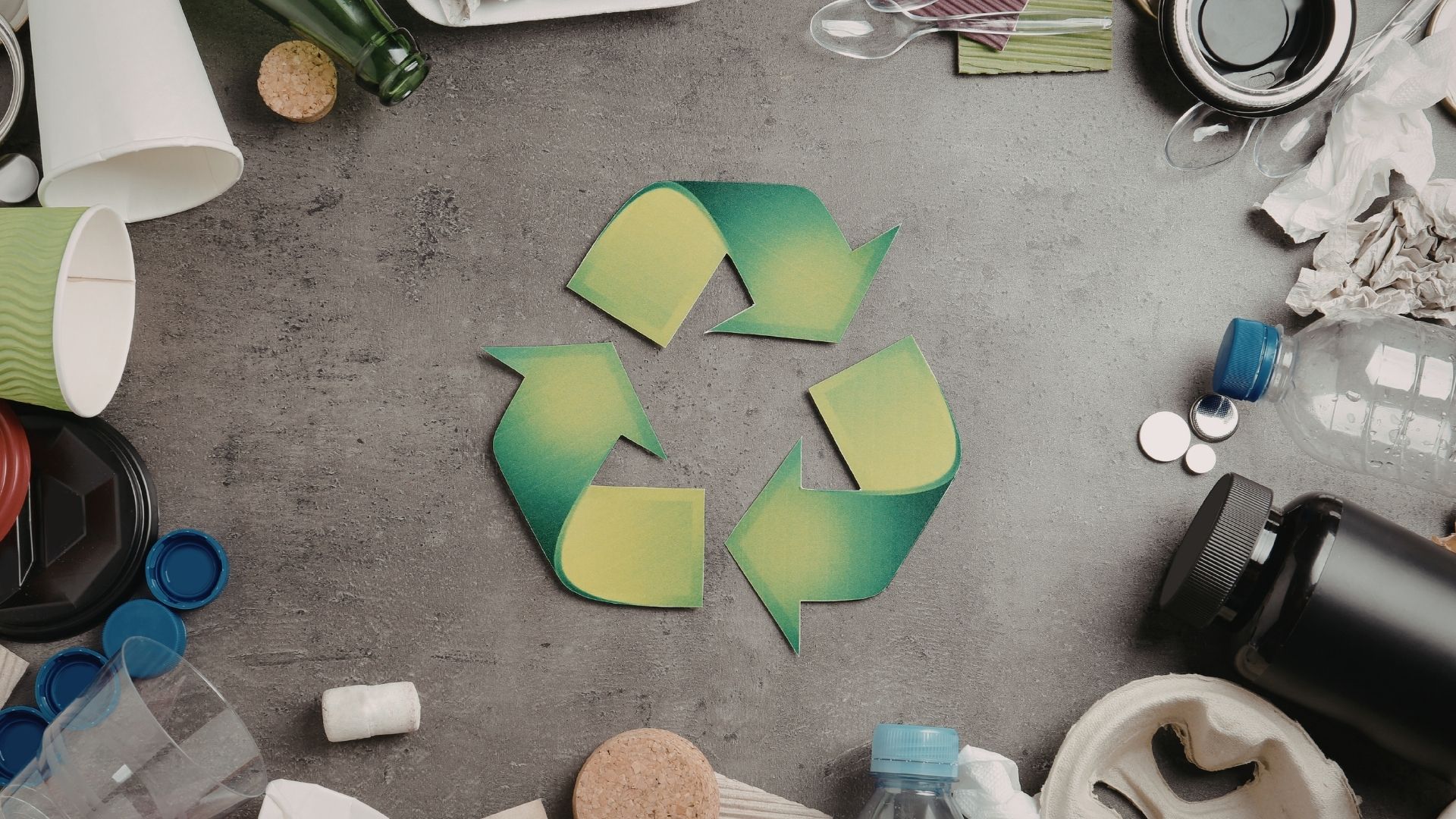The importance of incorporating sustainability into your business plan is no longer debatable in today’s business dynamics. It has become an essential element for long-term success.
When creating business plans, it is essential to have a values-driven mindset to adjust to the changing needs of clients, investors, and society at large. By prioritizing sustainability, businesses can align themselves with the growing demand for ethical practices and position themselves as leaders in their respective industries.
Sustainability is included in business strategy to ensure a beneficial influence on the environment and society as well as to pave the way for long-term resilience and consistency in a market that is evolving rapidly. Here is a list of seven MSMEs leading the way in sustainable business practices.
Maya Universe Academy
Maya Universe Academy is an innovative and sustainable school located in Tanahun district, Nepal, that goes beyond traditional educational models. One of its core objectives is to become self-sufficient by generating income through social enterprises. By adopting this approach, the school not only ensures its financial sustainability but also imparts valuable entrepreneurial skills to its students.
Offering volunteer opportunities is one way Maya Universe Academy fosters self-sufficiency. Instead of paying fees, parents volunteer their time and actively engage in the school’s operations. This unique model fosters a sense of community and shared responsibility while also reducing the financial burden on families, particularly those from low-income backgrounds. The participation of parents in daily operations fosters a collaborative learning environment.
Another aspect of Maya Universe Academy’s sustainability is its focus on agriculture and poultry farming. The school uses its property to grow organic vegetables, guaranteeing a steady supply of healthy food for its kids. Along with high-quality education, Maya Universe Academy‘s holistic approach promotes the concepts of sustainability and self-sufficiency, preparing students for the future.
Eco Sathi Nepal
Eco Sathi Nepal is a well-known green company that aims to promote sustainable living through the sale of eco-friendly products. The company was established in 2019 by dentist Muna Karki to promote a zero-waste lifestyle and reduce the use of plastic and non-biodegradable materials. One of their key approaches is to provide in-depth product descriptions along with images that emphasize the advantages of each eco-friendly product.
In a country where plastic-based daily essentials are widely used, Eco Sathi Nepal offers an alternative by providing a range of eco-friendly alternatives. They sell bamboo-made combs, hairbrushes, water bottles, backpacks, recyclable cutlery, and menstrual cups. The company encourages customers to make decisions that are in line with their values and contribute to a more sustainable future by providing green options.
Dhaatu
Dhaatu is a unique brand that specializes in creating locally made premium drinkware, dinnerware, and decorative collections using scrap metals, with a primary focus on e-waste. This innovative method not only helps in the reuse and recycling of materials but also turns them into high-quality and attractive products.
Established in 2020, Dhaatu has achieved remarkable success in a short period, successfully capturing both domestic and international markets. Further, by recognizing the value of metals like copper and incorporating them into their products, they demonstrate the potential for circular economy practices.
Local Women’s Handicrafts
Local Women’s Handicrafts (LWH) was founded in 2008 with the transformative goal of empowering marginalized and exploited women. The ultimate objective of LWH is to empower 10,000 women in the most underdeveloped areas of the world by 2025, while also establishing a textile sector that supports sustainability, and human rights.
By providing literacy education and opportunities for women to enhance their skills in handicraft production, LWH enables women to support their families healthily and sustainably. The empowerment strategy used by LWH has the potential to change people’s lives, end poverty cycles, and uplift women.
By sharing its effective strategy and encouraging partnerships with like-minded organizations, LWH seeks to establish a worldwide movement that empowers underprivileged women and encourages sustainable business.
Paila
Paila is an eco-friendly shoe company that prioritizes sustainability and cultural preservation. The company sets itself apart by creating unique footwear with locally derived materials like nettle. Using traditional looms, each shoe is completely hand-woven, ensuring a high degree of craftsmanship and attention to detail.
Traditional attire like “Dhaka” has faded away among younger generations in Nepal. The designer behind Paila has come up with a unique way to revive cultural practices after realizing the value of their preservation. By incorporating the hand-woven techniques traditionally used for clothing into their shoe designs, Paila bridges the gap between tradition and contemporary fashion.
Paila is a prime example of the eco-friendliness mindset. They have reduced their influence on the environment by using products that are locally and sustainably sourced.
Kokroma
Kokroma, a Nepali baby clothing brand, exemplifies a commitment to sustainability and social impact. Their products are crafted from 100% cotton fabric, sourced and woven in Nepal. Additionally, the cloth is made by prisoners, which makes Kokroma a wonderful social venture. Through this program, prisoners are not only able to assist their families but also get useful skills and work experience that will help in their recovery and reintegration into society.
The production of Kokroma’s clothing items involves the expertise of women tailors in Nepal. These skilled artisans have the flexibility to work from home. This provides them with flexible working hours and eliminates the need for time-consuming commutes. This initiative empowers women with the ability to balance their personal and professional lives effectively.
Vegan Dairy Nepal
Vegan Dairy Nepal is a food brand dedicated to offering a wide range of vegan products, which include non-dairy milk, yogurt, cheese, cream, almond butter, honey, and energy bars. They help local communities and promote sustainable practices by manufacturing all of their products in Nepal and selling them locally.
Vegan Dairy Nepal encourages people to consider the ethical and environmental implications of their eating habits through its goods and advertisements. Further, adopting a vegan lifestyle helps to reduce greenhouse gas emissions, protect ecosystems, and combat climate change, in addition to eliminating the demand for animal-based goods. Their concept is based on the belief that adopting a vegan lifestyle can improve people’s health, the well-being of animals, and the environment.


